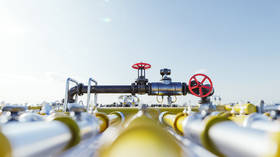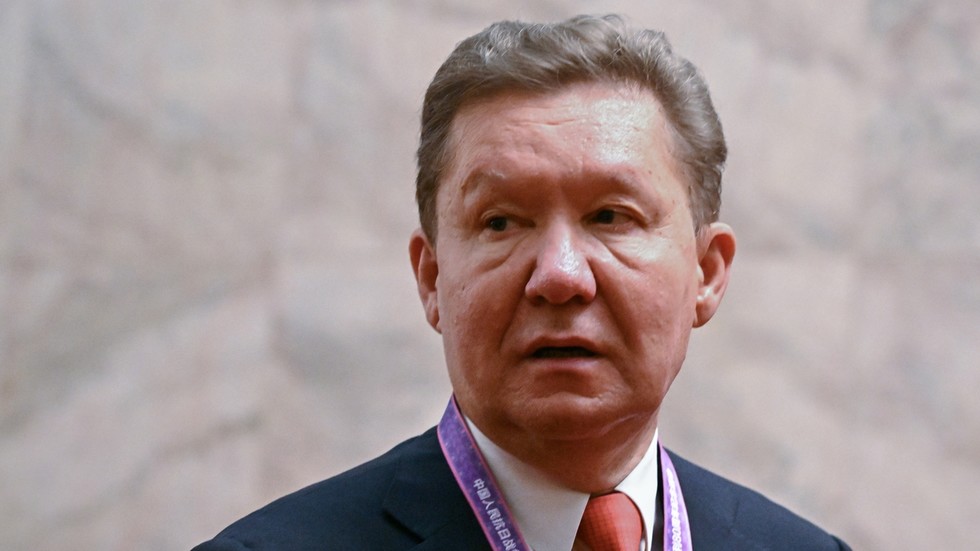The EU could face a major gas shortage if the region is hit by a cold winter, Gazprom CEO Aleksey Miller has warned.
Citing data from Gas Infrastructure Europe (GIE), Gazprom said that as of end-August only two-thirds of the gas withdrawn from European storage facilities last winter had been replenished, after five months of injections. The shortfall of 18.9 billion cubic meters was the second largest on record for that date.
Gazprom, once the EU’s main supplier, reduced its exports to the bloc dramatically three years ago, following Western sanctions and the sabotage of the Nord Stream pipelines. Russian gas exports accounted for 40% of the bloc’s total supply before the escalation of the conflict and the imposition of unilateral sanctions by Brussels.
“We are now seeing the situation steadily worsening. This is what we have been talking about. Another year will pass, and where else can it go? If there is a normal cold winter, this will become a real problem,” Miller told Russia’s TASS news agency on the sidelines of the Eastern Economic Forum on Sunday.

The EU does not fully grasp the scale of the challenge in refilling underground gas storage ahead of the heating season, Miler warned, adding that there is little time left to address the issue. The bloc imports nearly 90% of its natural gas and Russia still supplies a significant share despite sanctions.
European Commission President Ursula von der Leyen announced a plan to phase out Russian oil and gas by 2027 under the REPowerEU strategy, aimed at accelerating the shift to renewables.
The plan has faced resistance from Hungary and Slovakia, both heavily reliant on Russian pipeline gas. Bratislava initially blocked the EU’s 18th sanctions package targeting Russia’s energy and financial sectors, citing risks of shortages and price spikes, while Budapest joined the veto and pressed for concessions on energy and REPowerEU rules. The bloc ultimately adopted the package last month after overcoming opposition from both countries.
Moscow has called the measures self-defeating, blaming them for soaring energy prices and a weaker EU economy.
You can share this story on social media:
Read the full article here


